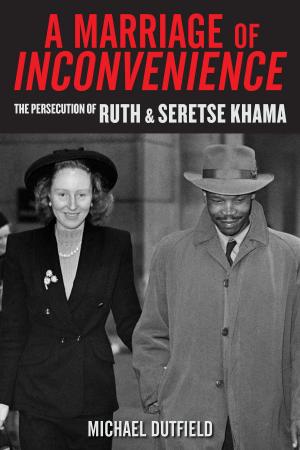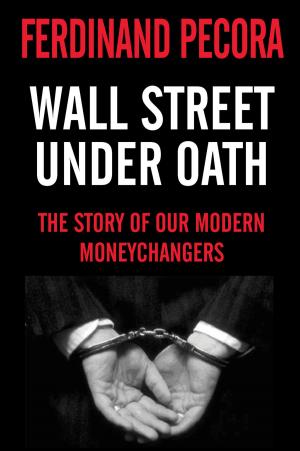Savior, Savior, Hold My Hand
Biography & Memoir, Political, Nonfiction, Social & Cultural Studies, True Crime| Author: | Piri Thomas | ISBN: | 9781631680816 |
| Publisher: | Graymalkin Media | Publication: | August 10, 2016 |
| Imprint: | Graymalkin Media | Language: | English |
| Author: | Piri Thomas |
| ISBN: | 9781631680816 |
| Publisher: | Graymalkin Media |
| Publication: | August 10, 2016 |
| Imprint: | Graymalkin Media |
| Language: | English |
Many people write about the ghetto. Piri Thomas lived there. In this book, the author of Down These Mean Streets tells what he found when he returned from a seven year prison term. Friends dying on heroin, or getting rich selling it. Jobs he couldn’t get, not because he lacked training or ability, but because the union was open only to whites. And an indomitable aunt who brought him into her church, where he met the woman who became his wife, and where he began to take an interest in helping others. Eventually he got a job working with street children—helping them find highs other than drugs, trying to cool rivalries fueled by frustration, persuading gang leaders to surrender weapons originally intended for bloody street battles. But even with success came bitter disappointments. Pervasive discrimination forced Thomas and his family to give up a suburban home. And an appalling hypocritical and selfish boss forced him out of his job—and almost back into prison. Piri Thomas writes of these experiences with unselfish candor and compassion. He pictures the poverty and squalor as well as the spirit and vitality of the ghetto in a dramatic story that is blunt, painful, absorbing and profoundly moving.
Many people write about the ghetto. Piri Thomas lived there. In this book, the author of Down These Mean Streets tells what he found when he returned from a seven year prison term. Friends dying on heroin, or getting rich selling it. Jobs he couldn’t get, not because he lacked training or ability, but because the union was open only to whites. And an indomitable aunt who brought him into her church, where he met the woman who became his wife, and where he began to take an interest in helping others. Eventually he got a job working with street children—helping them find highs other than drugs, trying to cool rivalries fueled by frustration, persuading gang leaders to surrender weapons originally intended for bloody street battles. But even with success came bitter disappointments. Pervasive discrimination forced Thomas and his family to give up a suburban home. And an appalling hypocritical and selfish boss forced him out of his job—and almost back into prison. Piri Thomas writes of these experiences with unselfish candor and compassion. He pictures the poverty and squalor as well as the spirit and vitality of the ghetto in a dramatic story that is blunt, painful, absorbing and profoundly moving.















